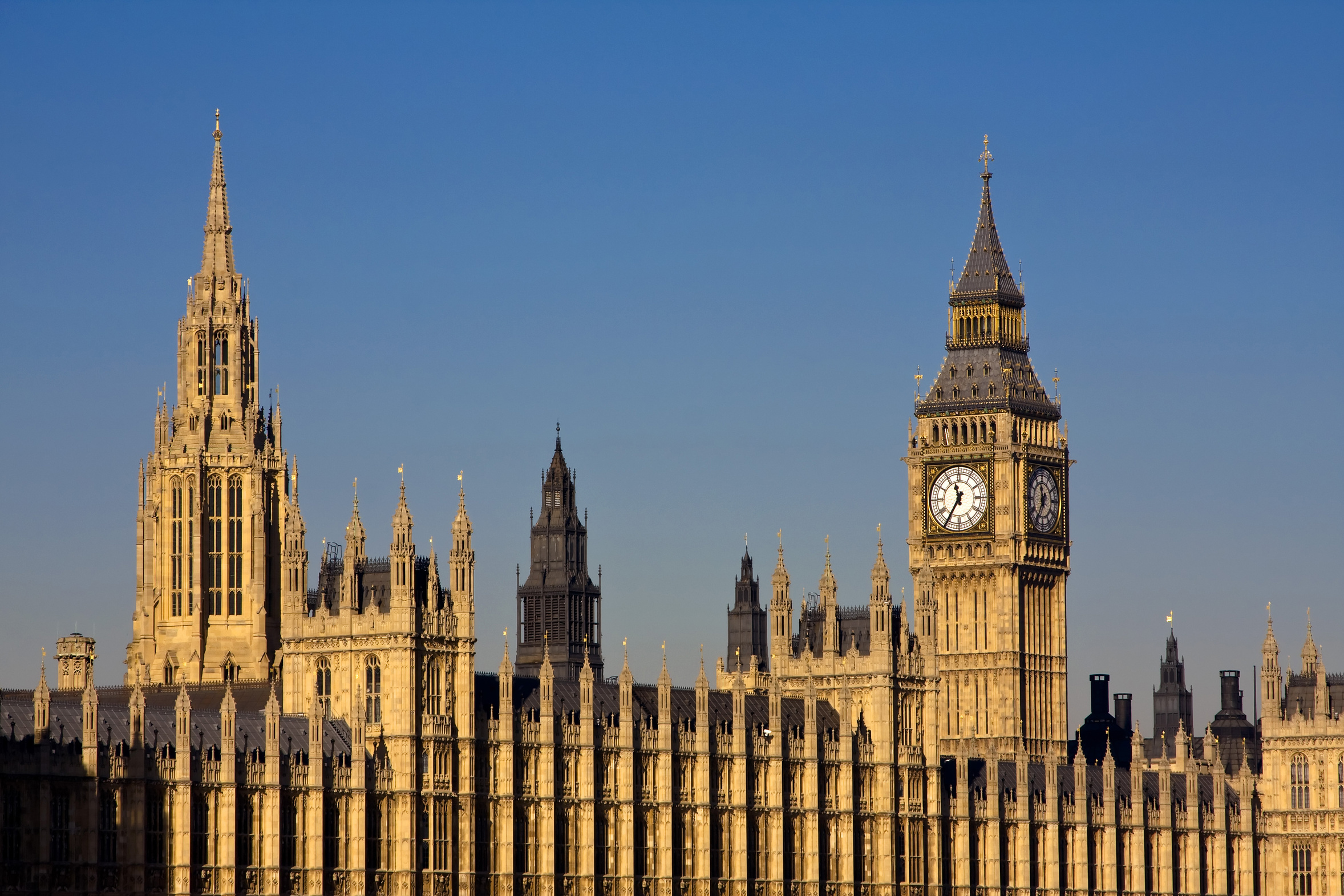Lords drop Clause 17, add power to ban sites
The House of Lords has dropped a controversial bit of the Digital Economy Bill, but added the ability to block websites with illegal content in its place.


The House of Lords has dropped the controversial Clause 17 from the Digital Economy Bill, but added a new section that would allow the Government to block access to websites that were hosting illegally shared content.
Clause 17 would have allowed the Government to change copyright law using a tool called "statutory instrument", without taking to to parliament first.
While that news will cheer rights campaigners, a pair of Conservative and Liberal Democrat Lords also tabled a change that would "prevent access to specified online locations for the prevention of online copyright infringement".
If approved, it means courts will be able to prevent access to websites if they are found to have a "substantial proportion" of such content available, but must consider if the site has done anything to stop the copyright infringement.
In a post on the Open Rights Group blog, director Jim Killock said: "This would open the door to a massive imbalance of power in favour of large copyright holding companies."
"Individuals and small businesses would be open to massive 'copyright attacks' that could shut them down, just by the threat of action," he added.
Read on for more about the evolution of the Digital Economy Bill.
Sign up today and you will receive a free copy of our Future Focus 2025 report - the leading guidance on AI, cybersecurity and other IT challenges as per 700+ senior executives
Freelance journalist Nicole Kobie first started writing for ITPro in 2007, with bylines in New Scientist, Wired, PC Pro and many more.
Nicole the author of a book about the history of technology, The Long History of the Future.
-
 The modern workplace: Standardizing collaboration for the enterprise IT leader
The modern workplace: Standardizing collaboration for the enterprise IT leaderHow Barco ClickShare Hub is redefining the meeting room
-
 Interim CISA chief uploaded sensitive documents to a public version of ChatGPT
Interim CISA chief uploaded sensitive documents to a public version of ChatGPTNews The incident at CISA raises yet more concerns about the rise of ‘shadow AI’ and data protection risks
-
 Truss seeks last-ditch SoftBank meeting over Arm IPO
Truss seeks last-ditch SoftBank meeting over Arm IPONews Gov said to want a dual New York-London listing, at the very least
-
 Pivotal believes IPO will net $592 million
Pivotal believes IPO will net $592 millionNews Dell's cloudy subsidiary details IPO plans in filing
-
 Slump raises questions over tech IPO valuations
Slump raises questions over tech IPO valuationsNews Shares in major tech firms dip, but are more losses to come?
-
 Spotify 'might ditch an IPO in favour of direct listing'
Spotify 'might ditch an IPO in favour of direct listing'News Report - move would see the company bypass institutional investors
-
 CLA CIO Adam Sewell on selecting Microsoft Azure for ‘contractual reasons’
CLA CIO Adam Sewell on selecting Microsoft Azure for ‘contractual reasons’In-depth Cloud has brought issues with contracts, terminology and skills, says Sewell
-
 Snap IPO value hits $30 billion at close of market
Snap IPO value hits $30 billion at close of marketNews Shares jump 44% as investors get behind stock market debut
-
 European copyright law: how it affects you
European copyright law: how it affects youIn-depth The EU is looking to harmonise copyright law, and Google isn’t happy. But should you be?
-
 Former employee accuses Snapchat of 'misrepresenting growth'
Former employee accuses Snapchat of 'misrepresenting growth'News The whistleblower is now suing Snapchat for intentionally "seeking to destroy his career and reputation"
